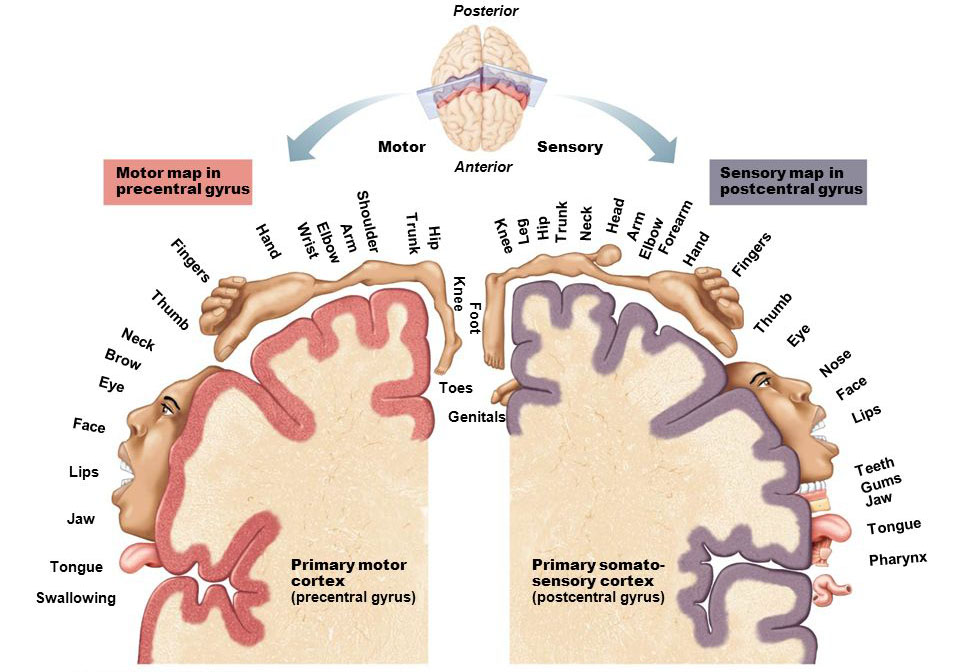Somatic Psychotherapy
Somatic Psychotherapy

Somatic Psychotherapy is a holistic approach that studies the relationship between the body-mind-spirit connection.
The basis of all language begins with the body. Communication is a shared experience that is a bodily response. When we arrive into the world we begin communicating with our bodies through sound, movement, touch, and eventually eye contact. Our bodies need to engage and connect with others for survival. Our memories and experiences shape the way we view the world and how we relate to others.
It is more difficult to connect with others when you are in a stressful and judgmental environment. On the other hand, when you have positive, nonjudmental support, connection comes easily and is joyful. If you were not provided safety in your early experiences, it may not always feel safe for you to engage and connect.
The connection between the body and the mind is the foundation of everything I do. Effective healing and therapy engages the whole body in the healing process. Deepening your practice of embodiment can assist in rewiring the brain to achieve health and wellness. We convey our physiological and emotional states in our interactions with others through our face, heart, and voice. When someone is angry, we know by the tone of their voice and their facial expressions. When they are happy with us, they smile and laugh.
Our nervous systems detection of safety and risk is intuitive, not cognitive, and our body processes information long before it is understood. Living in a world where ruptures and disruptions happen daily, our technology driven culture dampens access to our intuitive aspects of the social engagement system. Our social engagement system is how we connect with others, and we are losing ability to access these cues due to technological advances. Positive social connections are crucial to our health and survival.
Neuroscience has proven that anxiety, stress, and depression are biological and physiological processes that involve the brain, the hormones, the immune system, and organs. In other words, anxiety, stress, and depression live in the body. Trauma lives in the body. We all have different ways of responding but may experience fatigue, body pain, gut issues, insomnia, etc. or you may feel numb or empty. These symptoms are ways your body sends messages to let you know something needs more attention. Everyone has different degrees of trauma, but trauma does not affect something else. Trauma is in our world everyday. We are a traumatized species.
Let me help you access your strengths and resources you have in your own body to assist you in the process of healing. Together, we can help you discover ways to build healthier and more joyful relationships with yourself and others.
